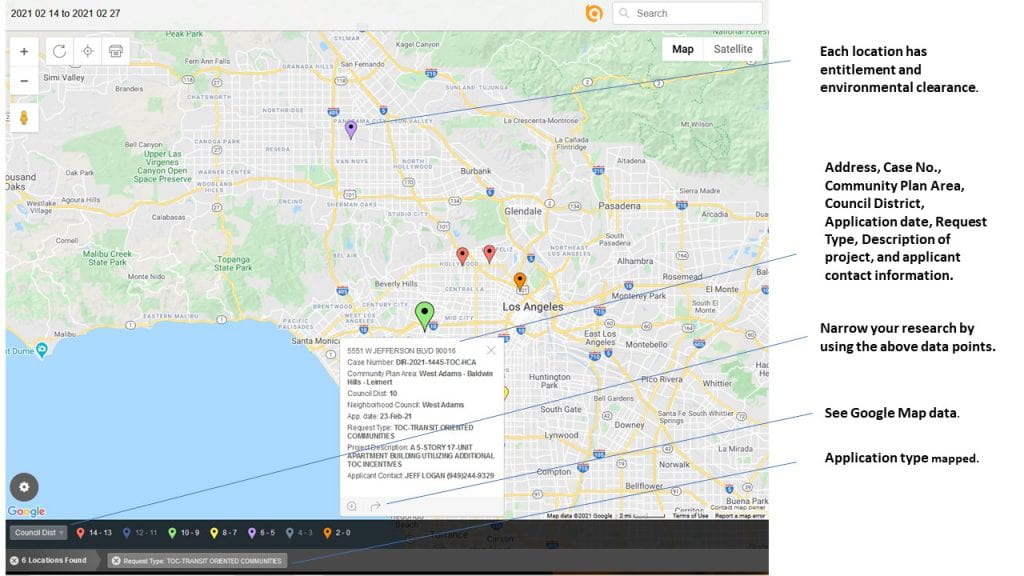Read: AB 897
Existing law requires, by July 1, 2017, and every 3 years thereafter, the Natural Resources Agency to update, as prescribed, the state’s climate adaptation strategy, known as the Safeguarding California Plan. Existing law establishes the Office of Planning and Research in state government in the Governor’s office. Existing law establishes the Integrated Climate Adaptation and Resiliency Program to be administered by the office to coordinate regional and local efforts with state climate adaptation strategies to adapt to the impacts of climate change, as prescribed.
This bill would authorize eligible entities, as defined, to establish and participate in a regional climate network, as defined. The bill would require the office, through the program, to encourage the inclusion of eligible entities with land use planning and hazard mitigation planning authority into regional climate networks. The bill would authorize a regional climate network to engage in activities to address climate change, as specified.
This bill would require a regional climate network to develop a regional climate adaptation and resilience action plan and to submit the plan to the office for review, comments, and certification, as described. The bill would require, on or before January 1, 2023, the office, through the program, to develop and publish on its internet website guidelines on how eligible entities may establish regional climate networks and how governing boards may be established within regional climate networks. The bill would also require, on or before July 1, 2023, the office, through the program, in collaboration with the Office of Emergency Services, to develop and publish on its internet website guidelines, as prescribed, establishing standards and required content for a regional climate adaptation and resilience action plan, including certain information, analyses, and contents to be included in a plan and certain considerations and procedures for a regional climate network when preparing a plan.
This bill would require the office, through the program, to provide technical assistance to regions seeking to establish a regional climate network and to regional climate networks in developing regional climate adaptation and resilience action plans. The bill would require, on or before January 1, 2025, the office, in consultation with the Office of Emergency Services, to make recommendations to certain policy and budget committees of the Legislature related to regional adaptation and resilience on expanding state support for the work of regional climate networks, as prescribed, and the potential sources of financial assistance and options for distributing state funds to support the creation and implementation of regional climate adaptation and resilience action plans and to support technical assistance and capacity building to engage vulnerable communities and under-resourced communities in the development of the plans.



